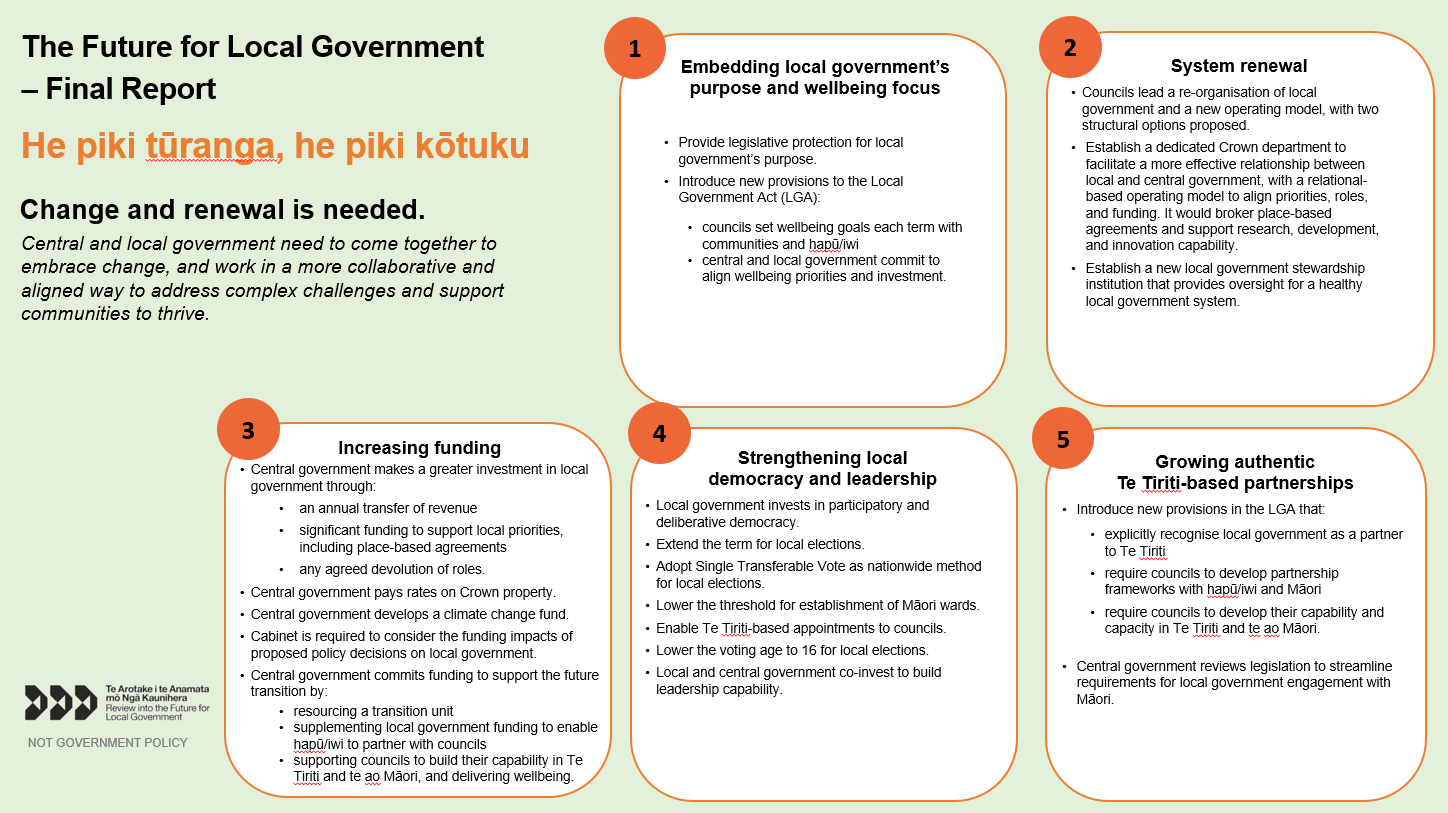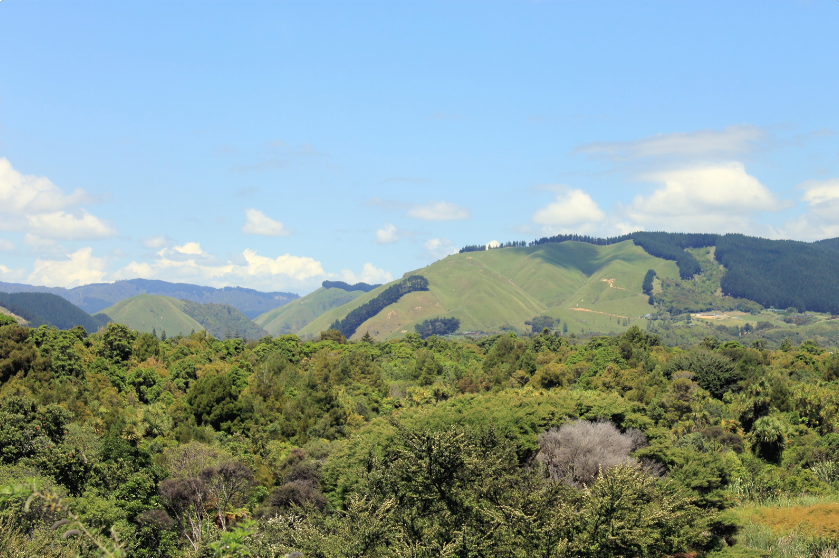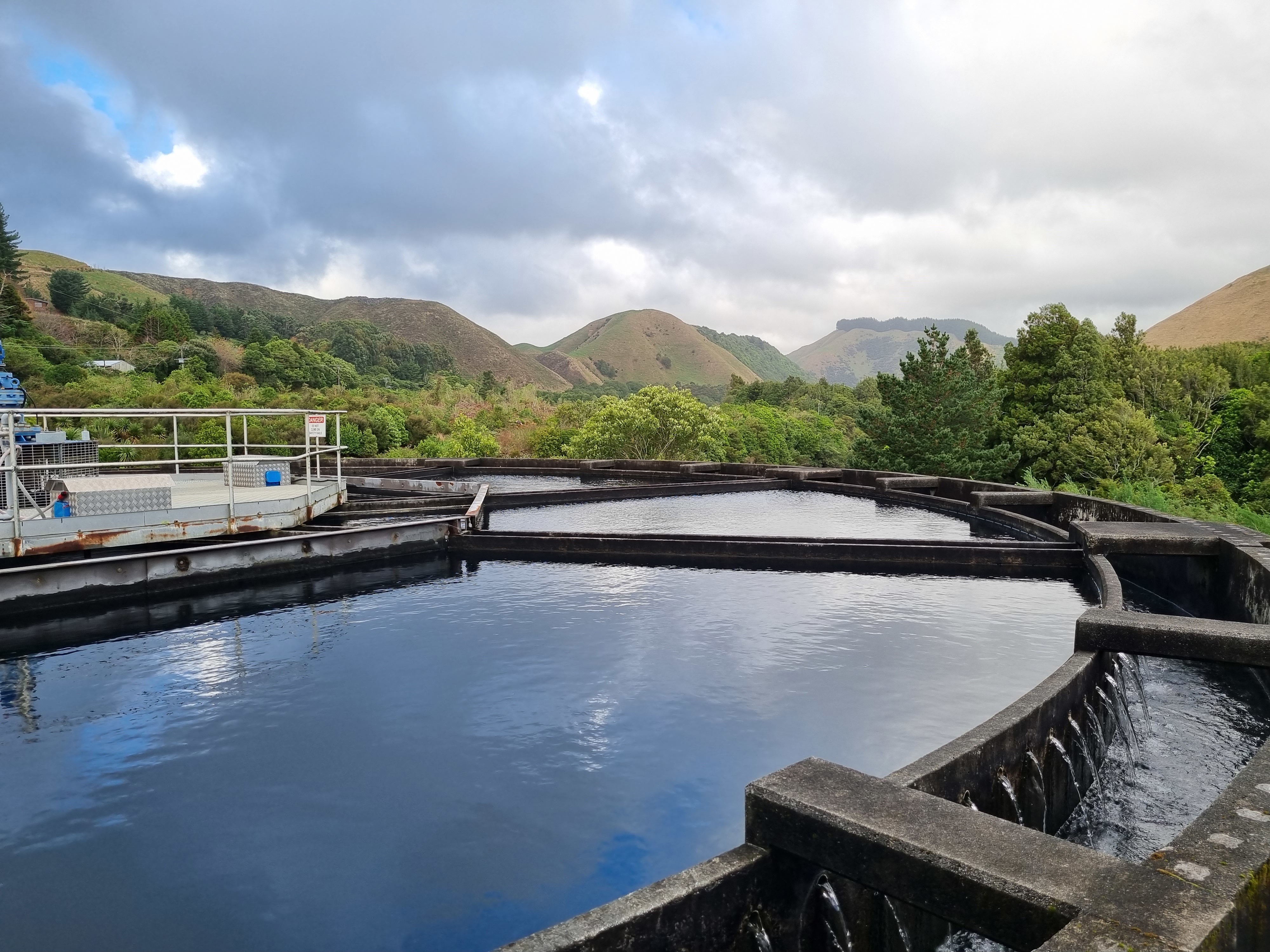Central government reforms
Central government is working on a number of significant reform packages that will directly impact us and the mahi (work) we carry out for our community. The reforms include Three Waters, resource management, and a review of local government. There's also a number of transformational programmes in progress for health, disability, and vocational education, and regulatory frameworks supporting emergency management, waste minimisation, housing and urban development, and climate change.
As your Council, we can’t look at these reforms in isolation, as many of their objectives and activities are intertwined. The changes will affect some of the largest activities we carry out for our community.
The next two years will be a complex and challenging time as we try to keep business going, understand and adapt to the changes at a local level, participate in any transition requirements, and ensure our iwi partners are involved throughout the process as we work together to determine the impacts of these reforms and how we might respond.
Te Arotake i te Anamata mō Ngā Kaunihera – Review into the future for local government
Government has carried out an independent review of local government arrangements. This review identified how our local democracy and governance system needs to evolve over the next 30 years to improve the social, cultural, economic, and environmental wellbeing of our communities, and to actively embody te Tiriti o Waitangi (the Treaty of Waitangi).

The review was conducted by an independent panel. If its recommendations are implemented, they will have far-reaching implications for us and our community. Fundamentally, a future reform will change the local government system, by determining:
- how decisions are made and by whom (including roles functions and partnerships)
- what local government does and how it does it
- how local government is funded and financed
- representation and governance
- who local government needs to work with to support community wellbeing.
Draft report – October 2022
On 28 October 2022, the panel released their draft report He Mata Whāriki, He Matawhānui, which signals five key shifts that are needed to make this change:
- strengthened local democracy
- authentic relationships with hapū/iwi and Māori
- a focus on wellbeing
- genuine partnership between central and local government
- more equitable funding
You can read our submission on the review, and Mayor Janet Holborow’s opinion on the report’s recommendations.
Final report – June 2023
On 21 June 2023, the panel released their final report He piki tūranga, he piki kotuku. The report’s five themes give an indication of what has been recommended:
- embedding local government’s purpose and wellbeing focus
- growing authentic te Tiriti-based partnerships
- system renewal
- strengthening local democracy and leadership
- increasing funding.

See larger image [PNG 155 KB].
The Government is now considering the report, but no response is expected before the general election in October. The panel’s proposed timeline can be found on page 119 of the final report.
You can find out more on the Department of Internal Affair’s website.
Resource management reform
In 2019, central government’s Resource Management Review Panel released an issues and options paper on the current resource management system, aiming to:
- improve environmental outcomes
- better support urban and other development within environmental limits.
The main focus of the review was the Resource Management Act 1991 (RMA), but the panel also reviewed the relationship between the RMA, the Local Government Act 2002, Land Transport Management Act 2003, and the Climate Change Response Act 2002.

The panel determined the RMA should be repealed and replaced with new legislation. The proposed Natural and Built Environments Act (NBA) will be the main replacement for the RMA; however, Government have also proposed the Spatial Planning Act (SPA) and Climate Adaption Act (CAA) form part of the new resource management system.
Government introduced the Natural and Built Environments and the Spatial Planning Bills to Parliament in November 2022, and are expected to introduce the Climate Adaptation Bill in 2023.
Under the proposals, Natural and Built Environmental Plans (NBA) will give effect to a national planning framework that gives mandatory direction. NBA plans will replace current regional and district plans, with one consolidated plan for each region outlining how we regulate the environment, allocate resources, and use the land in each region. These will be developed by local government and local iwi, with community input.
Through the Spatial Planning Act (SPA), Regional Spatial Strategies (RSS) will be developed to enable and drive changes in land use and the coastal marine area, while protecting and enhancing the natural environment.
An RSS will identify areas:
- suitable for development
- needing to be protected
- requiring infrastructure
- particularly vulnerable to the effects of climate change and natural hazards.
Regional Spatial Strategies will be developed by regional planning committees, with representatives from local government, hapū, iwi and Māori, and central government.
Under the proposals, future responsibilities for councils like ours will focus on consenting and compliance monitoring and enforcement.
You can learn more about these proposed bills on the New Zealand Parliament website. We also invite you to read our submission on the National and Built Environment Bill and Spatial Planning Bill. You can also read Mayor Janet Holborow's opinion on the proposed bills.
On 19 December, the new coalition Government passed legislation to repeal the Resource Management (Natural and Built Environment and Spatial Planning Repeal and Interim Fast-track Consenting) Bill. Almost all resource management matters will continue to apply as set out in the Resource Management Act 1991 (RMA). The Spatial Planning Act and most Natural and Built Environment Act provisions are not in use and were intended to apply in stages over a 10-year period. The Government has signalled it will develop new legislation to replace the RMA during its tenure.
You can learn more about the changes to resource management on the Ministry for the Environment website.
Three Waters
Central government is transforming the way drinking water, wastewater, and stormwater (the three waters) are delivered in Aotearoa New Zealand.
In late 2022, Government passed their Water Services Entities Bill, which mandates transferring the current 67 council-owned and -operated three waters infrastructure and local delivery into four new publicly owned Water Service Entities on 1 July 2024.
In April 2023, the number of Water Services Entities has been proposed to increase to 10 during a Waters Services Reform reset.

These entities will be closely based around existing regions, with Kāpiti falling under Wellington–Wairarapa or Entity G.
The establishment date of the entities has also changed with a staggered approach from early 2025 to 1 July 2026, rather than the original start date of 1 July 2024.
Legislation changes will be required to give effect to Government’s changes to the Water Services Reform. The Water Services Legislation Bill and the Water Services Economic Efficiency and Consumer Protection Bill closed to submissions on 17 February 2023. In their current form, the Bills will enable the transfer of assets and liabilities from councils to the new Water Services Entities, integrate the entities into other regulatory systems, and cover economic regulation and consumer protection to ensure water services are reasonable and affordable. The reform changes do not have any significant impacts on these Bills, which the Finance and Expenditure Committee is due to report back on 8 June 2023.
You can find out more about the Three Waters Reform Programme on the Department of Internal Affairs website. We also have information at Three Waters Reform about what the reform will mean for Kāpiti. We also invite you to read our submissions on all of the Three Waters Bills.